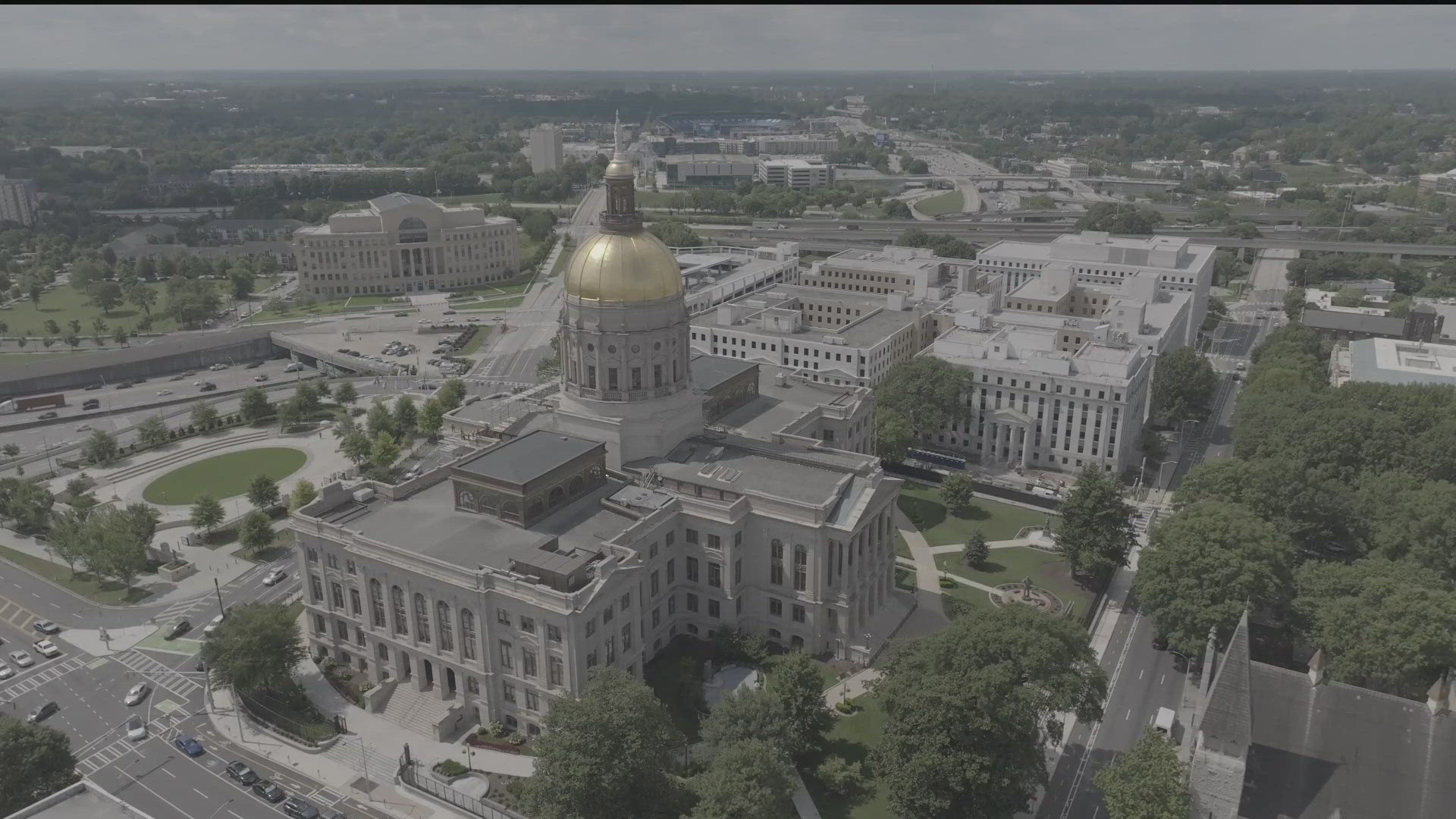ATLANTA — In this moment of electoral pique, civics-minded public service announcements encouraging voters to cast their ballots and "let their voices be heard" abound. In a critical swing state like Georgia, where voters' decisions could tip the presidential race, it's not hyperbole.
But the same cannot be said for many down-ballot races.
Forty percent of the combined total of candidates qualified to appear on the ballot for state representative, state senate, and district attorney are unopposed in this year's Georgia general election, according to an 11Alive News analysis of publicly-available Georgia Secretary of State's Office data.
While that might come as a surprise to some voters, University of Georgia political science professor Charles Bullock said that's not uncommon.
"There have been some years where Georgia has had more uncontested state legislative contests than any other state in the nation," said the political scientist.
Democratic strategist Howard Franklin said gerrymandered districts crafted every ten years by the party in power are designed to limit the number of competitive legislative contests.
"There are really two questions you have to ask yourself," he said. "Can you put someone in that race? And do you have a chance at winning it?"
In districts where the population skews heavily towards one party, political strategist and former Republican staffer Spiro Amburn said the real competition often occurs in the primary.
"Particularly in state house and state senate races where the districts are heavily Republican or heavily Democrat, that's exactly right," he said. "That's where the real battles are taking place."
Many other states across America follow a similar pattern.
But more competitive races could be coming. Redistricting happens every ten years in Georgia. According to Prof. Bullock, the political makeup of districts evolves as time passes and populations shift.
"You draw your district at the beginning of the decade and you try to look over the hill and around the corner and figure out what's going to happen in the next ten years so that this district is going to continue to be safe for your party," said Bullock. "But it's hard to anticipate the future."

